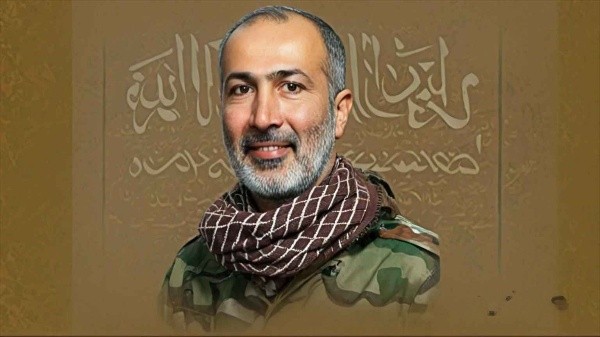Iran’s Plan to Strike Back Against the U.S.
Iran’s Military Preparations Following U.S. Attacks
Loading...

The Lebanese resistance movement Hezbollah has announced the assassination of senior commander Mohammad Hussein Srour (Haj Abu Saleh) in an Israeli strike.
Overview of the Incident
The Lebanese resistance movement Hezbollah has confirmed the assassination of senior commander Mohammad Hussein Srour, also known as Haj Abu Saleh, in an Israeli airstrike in Beirut. The attack, which occurred in the southern suburbs of the city, has escalated tensions in the region, marking a significant event in the ongoing conflict between Hezbollah and Israel.
Details of the Attack
Hezbollah's statement described Srour's death as a result of a "treacherous Israeli assassination operation." The 51-year-old commander was reportedly killed during an Israeli military operation on Thursday, which targeted a densely populated area of southern Beirut. This incident marks the fourth attack within a week aimed at Hezbollah officials, highlighting the increasing frequency of Israeli strikes in Lebanon.
According to Lebanon's Health Ministry, the airstrike resulted in the deaths of two individuals and left 15 others injured, including a woman who is currently in critical condition. The Lebanese National News Agency reported that three missiles struck a residential apartment in a ten-storey building, underscoring the risks posed to civilians in such military operations.
Srour's Background and Contributions
Mohammad Hussein Srour had a notable history within Hezbollah, having joined the ranks of the Islamic resistance in Lebanon in 1986. A source close to the organization revealed that he studied mathematics before dedicating his life to military service. Over the years, Srour participated in numerous operations against Israeli forces and played a crucial role in defending Lebanon's eastern borders against Takfiri attacks.
In 2020, he transitioned to lead the air force division of Hezbollah, where he was responsible for coordinating military operations on the Lebanese front. His leadership was particularly significant during the recent Al-Aqsa Flood battle, where he directed air force operations until his death.
Ongoing Israeli Military Actions
The assassination of Srour is part of a broader pattern of Israeli military aggression in Lebanon. In the past 24 hours alone, Israeli airstrikes have reportedly killed 92 people and injured 153 others, according to the Lebanese Health Ministry. These attacks have raised concerns about the humanitarian impact on civilians and the potential for further escalation in the region.
Hezbollah's response to the assassination and the ongoing Israeli strikes remains to be seen, but the organization has historically vowed to retaliate against such actions. The situation continues to evolve, with both sides on high alert as tensions rise.
Conclusion
The assassination of Mohammad Hussein Srour by Israeli forces represents a significant escalation in the ongoing conflict between Hezbollah and Israel. As the situation develops, the implications for regional stability and security remain uncertain. The international community is closely monitoring the events, as further military actions could lead to a broader confrontation in the already volatile Middle East.
Editor
Iran’s Military Preparations Following U.S. Attacks
Troops remain in five strategic locations, raising fears of renewed tensions and long-term occupation.
Opposition forces have taken control of the capital after a significant offensive. Here is how it unravelled.
